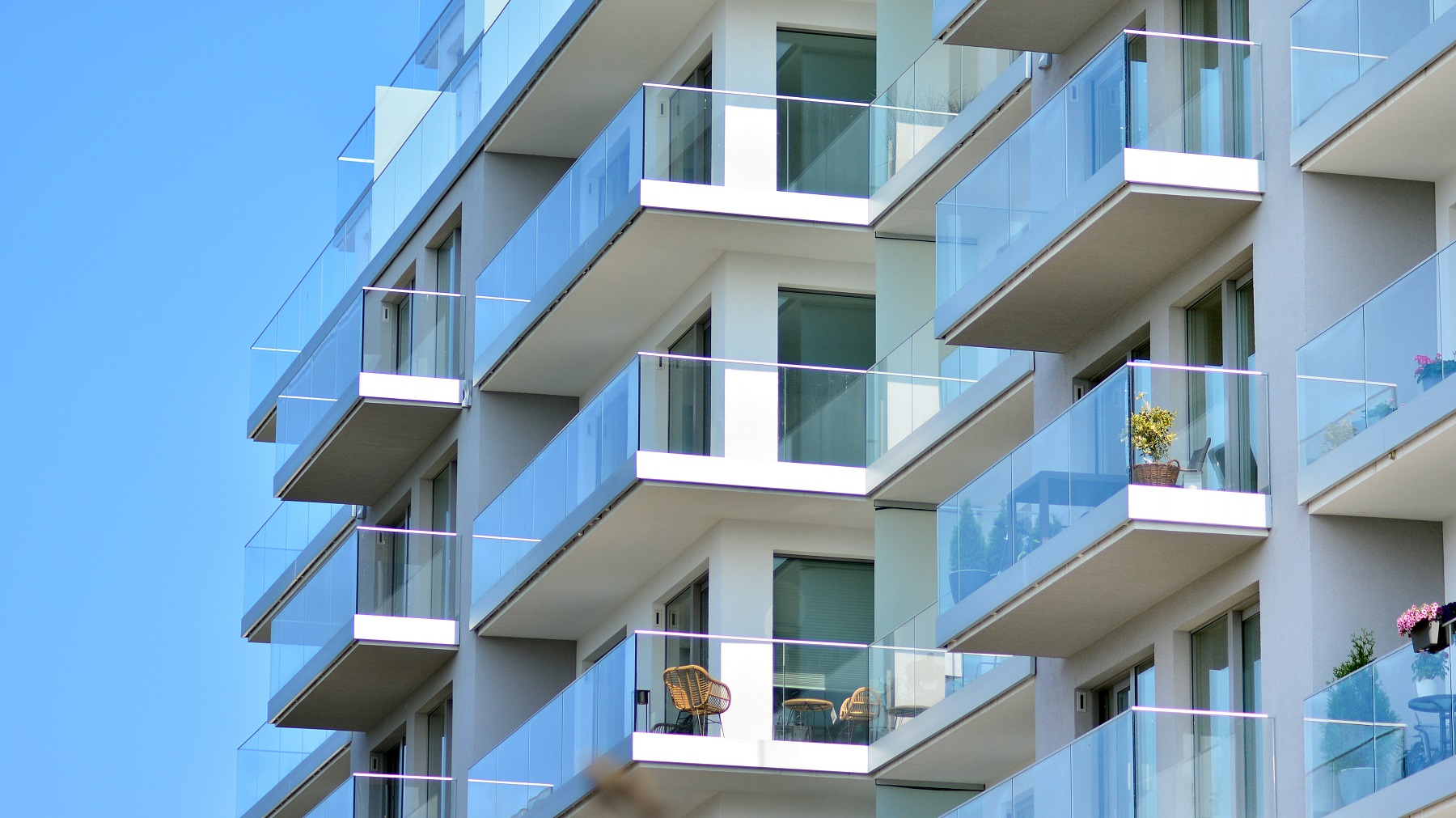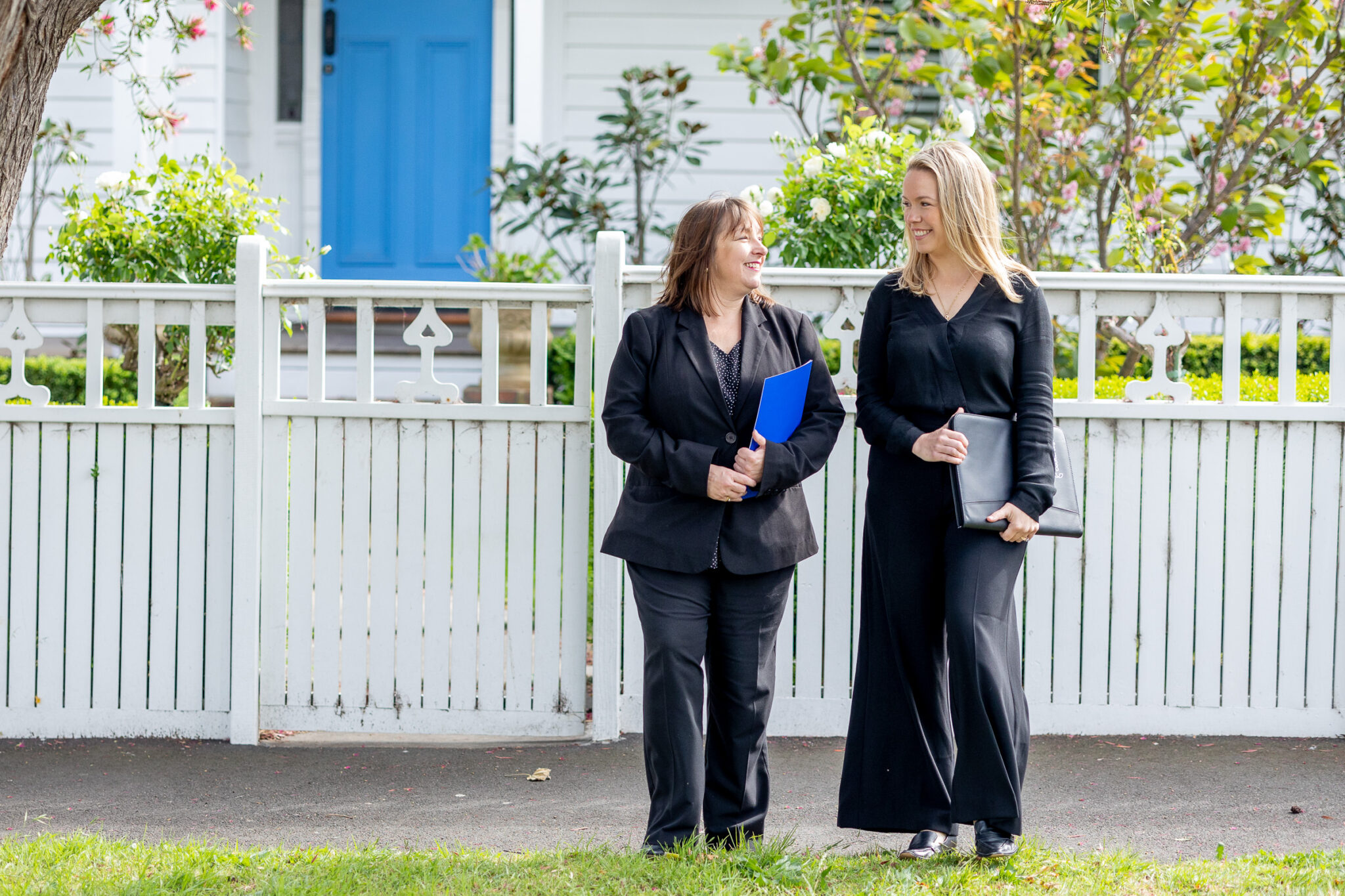Building, extending or renovating a home is quite often the second largest investment a person can make once they have purchased their land or home. A review of the domestic building contract can identify and solve issues in the contract, which may in turn save a homeowner thousands of dollars and unnecessary stress in the future. Many disputes between homeowners and builders may well have been avoided had the contract been reviewed prior to signing.
Even where a contract has been signed we recommend obtaining legal advice if a homeowner is still within the cooling off period or to confirm the terms of the building contract. If a homeowner has not received legal advice prior to signing, a cooling off period of five (5) days will be available from the date the contract is signed. If a homeowner has received legal advice prior to signing, there is no cooling off period available.
Is there a standard Domestic Building Contract?
Domestic building contracts must be compliant and meet the requirements of the Domestic Building Contracts Act 1995 (Vic) (“the DBC Act”). Builders may use a standard building contract template that has been prepared by an industry association (such as Master Builders Association of Victoria, Housing Industry Association, etc.) or they may use their own template.
Both types of contracts can be amended by builders in a way that is unfavourable to a homeowner. We recommend obtaining a review for both types of contracts to ensure the principle provisions and special conditions do not restrict a homeowners rights under the contract or impose unfair terms which may be prohibited by legislation.
Is a written Domestic Building Contract required?
The DBC Act states that a major domestic building contract must be in writing for any work that is worth more than ten thousand dollars ($10,000.00). Even if the work is below the value of ten thousand dollars ($10,000.00) we recommend ensuring there is a written contract that clearly sets out what the terms and conditions of the work are.
Who can enter into a Domestic Building Contract?
Only a registered builder can enter into a major domestic building contract and take out building insurance. Building insurance is required for work over $16,000.00 and protects a homeowner if the builder dies, become insolvent or disappears.
What are the key aspects of a Domestic Building Contract?
There are many key aspects of a Domestic Building Contract and a lot of information to consider. We consider the most important aspects as below:
- Is your builder registered?
- What is the process for making a variation to the plans or specifications?
- What are the progress payments you are required to pay to the builder?
- Are you able to visit the building site?
- Are there any additional fees you will be required to pay under the contract?
- What damages are you and/ or the builder entitled to and when?
- Are the specifications and plans that form part of the contract the specifications and plans that you agreed to?
- When is the commencement date and what delays are allowed under the contract?
- Who is responsible for obtaining and paying for the planning and/ or building permit?
- What are the prime costs and provisional costs in the contract (if any)?
The Builder/ Agent is pressuring me to sign, can I seek legal advice first?
A homeowner should never feel pressure from the builder or agent to sign a building contract prior to receiving legal advice. It is very difficult to terminate or alter a building contract once it is signed therefore it is crucial that the terms written in the contract are agreed by both parties and are not unfavourable to one party. One issue that we see arise quite often is that a builder or agent will promise the client inclusions verbally, however if the inclusions are not written in the contract they will not be binding on the builder. A homeowner should review their contract thoroughly to ensure all terms agreed are in writing.
How long does it take to resolve a dispute with a Builder?
The time taken to resolve a dispute with a builder depends on the willingness of both parties to resolve the dispute. The homeowner must first contact the builder to try and resolve the dispute privately. For example, if there is an item missing from the specifications or there is a defect in the home, the homeowner must first give the builder an opportunity to rectify the issue. If the builder refuses to install/ provide the missing item or fix the defect then the homeowner can apply Domestic Building Dispute Resolution Victoria (“DBDRV”).












